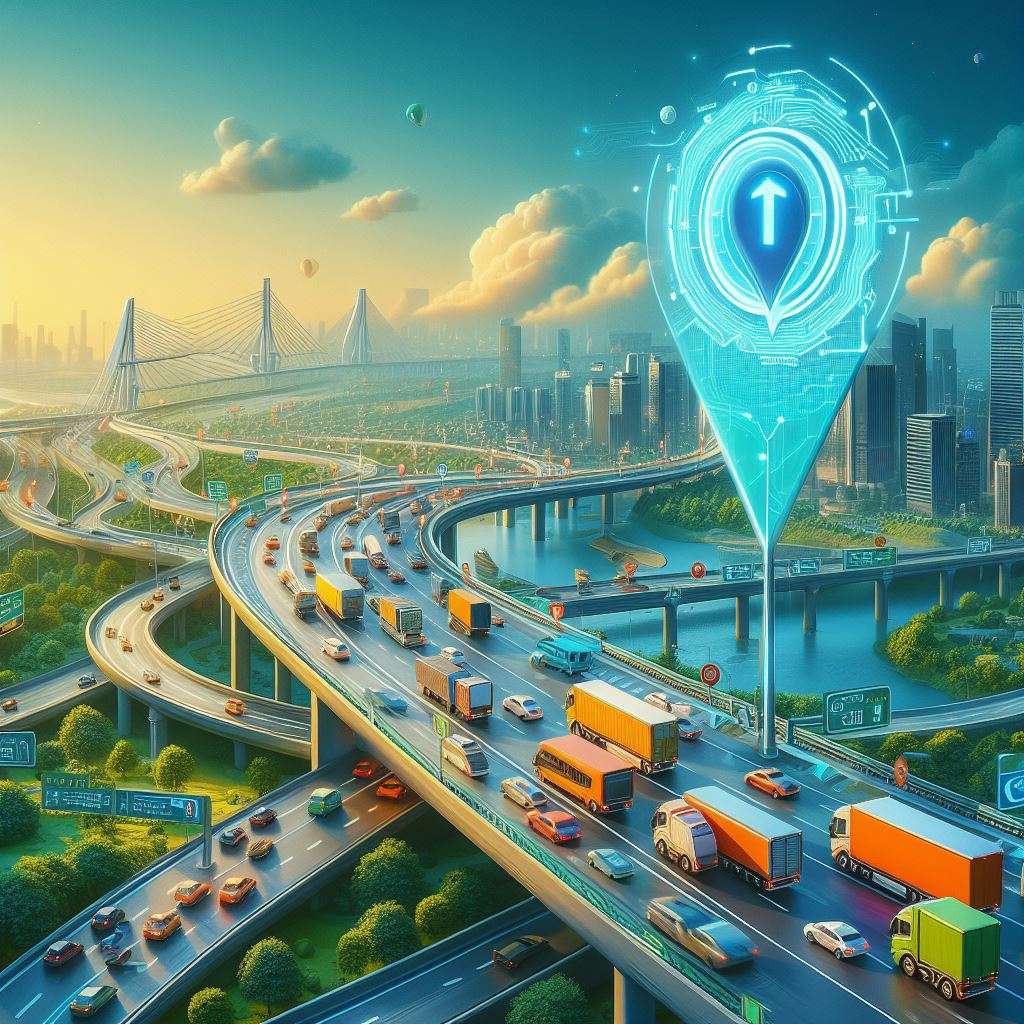Headings

An update on GPS based toll collection in India
This article is going to give an update on GPS-based toll collection in road transportation of India 2024. India’s road transportation sector continues its dynamic evolution, and the focus remains on innovative solutions like GPS based toll collection. This transformative approach promises to revolutionize how tolls are collected, managed, and utilized across the country’s vast network of highways.
Recently, Nitin Gadkari, Minister of Road Transport and Highways of India said in Legislative assembly that India is going to start GPS based Toll system in March 2024. Initially, it is going to start at Mysuru-Bengaluru Expressway.
Let us explore the latest developments and the potential impact of this technology.
Real-Time location tracking in GPS based toll collection system
Gone are the days of long queues and static toll booths. GPS based toll collection leverages real-time vehicle location tracking to enable seamless travel through designated zones. Automatic Number Plate Recognition (ANPR) cameras capture vehicle information as they pass, eliminating the need for physical stops and manual transactions. This not only improves traffic flow but also reduces operational costs for authorities.
Efficiency gains and streamlined operations in GPS-based toll collection
The implementation of GPS based toll collection offers significant efficiency gains for both government agencies and commuters. The elimination of toll booths translates to:
- Reduced traffic congestion: Faster travel times and smoother traffic flow contribute to improved productivity and economic activity.
- Enhanced operational efficiency: Automation translates to cost savings and resource reallocation for infrastructure development and maintenance.
- Improved data-driven management: Real-time tracking and data insights enable authorities to optimize toll collection, identify irregularities, and combat toll evasion more effectively.

Transparency and accountability in the spotlight of GPS based toll collection
GPS based toll collection fosters transparency and accountability through following three practices.
- Accurate tracking: Precise vehicle movements and toll transactions provide valuable data for revenue monitoring and analysis.
- Reduced cash handling: Reduced cash dependence minimizes opportunities for misuse and promotes financial integrity.
- Enhanced auditability: The digital nature of transactions facilitates robust auditing and ensures proper utilization of toll revenues for infrastructure development.
Boosting digital connectivity and financial inclusion within GPS based toll collection
India’s GPS based toll collection initiative aligns with its digitalization goals and financial inclusion efforts as followings:
- Cashless transactions: Integration with digital payment platforms promotes cashless payments and financial inclusion across diverse economic segments.
- Interoperability: Seamless transactions across different toll operators enhance user convenience and encourage wider adoption.
- Data-driven insights: Data analytics can inform targeted financial inclusion initiatives and bridge the digital divide in rural areas.

Addressing challenges and ensuring sustainability
The benefits are numerous, and challenges remain as followings:
- Infrastructure development: Ensuring seamless integration across diverse geographical and infrastructural landscapes requires continuous infrastructure upgrades.
- Privacy concerns: Addressing privacy concerns related to data collection and usage is crucial for building trust and user acceptance.
- Equity and affordability: Mitigating potential disparities in access and affordability across different vehicle categories and socio-economic groups is important for inclusive implementation.
Collaborating for a Future-Proof System in road transportation of India
By proactively addressing these challenges through collaborative efforts between government, private stakeholders, and civil society, India can unlock the full potential of GPS based toll collection:
- Public-private partnerships: Collaboration between public and private players can accelerate infrastructure development and technology adoption.
- Privacy-conscious design: Implementing robust data security measures and transparent data usage policies can address privacy concerns.
- Targeted outreach and subsidies: Targeted outreach programs and subsidies can ensure equitable access and affordability for all vehicle categories.
Connected and efficient future awaits with GPS based toll collection
India’s journey towards GPS-based toll collection holds immense promise for a more efficient, transparent, and connected road transportation ecosystem. By embracing technology-driven solutions, fostering collaboration, and prioritizing inclusivity, India will redefine the way we navigate its vast and diverse landscape. This innovative approach paves the way for a future where seamless travel, sustainable infrastructure development, and financial inclusion go hand-in-hand.